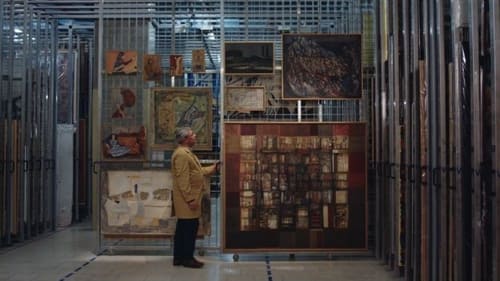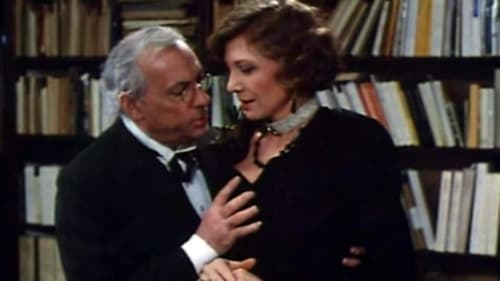
Narradora
VIEIRARPAD begun with the correspondence between the couple Maria Helena Vieira da Silva and Arpad Szènes, between 1932-1961. The letters and the intimacy of their words are pretext for the exploration of an equally intimate visual journey

Detective Chaves
When an actor assists to the premiere of the experimental B-movie he stars in, film blends with real life, turning it into an actual thriller.

Carmo
After the structural collapse at a construction site, Paulo loses his job because he denounces the situation to the authorities.

D. Ana
Summer of 1870. Two writers, Eça de Queiroz and Ramalho Ortigão, decide to write a four-handed whodunit for the daily "Diário de Notícias". Could it be that the story they wrote as fiction is based on a real case? This question fuels the conflict between the two writers and drives them to a nearly fatal duel. Lisbon is in commotion. One crime follows another in a story in which love is stronger than tradition. Everything happens at frenzied pace, as in a game.

Adelaide
Pele is a film about a young mulatto woman that in spite of being rich, beautiful and intelligent, feels discriminated because of the colour of her skin. The entire plot is in the early 70's, when Portugal had a dictatorial government, ultramarine territories and lots of racism in its society… Issues like racism, female condition and the spoilt lives of the high-society are the main themes of this movie

Senhor José
Fernanda, António and Quim are travelling by train to a provincial Portuguese industrial city. Fernanda, a teacher, agrees to replace a pregnant colleague. António is returning to the home he was forced to flee long ago, accused of setting fire to the Duarte’s factory. At the station he bumps into Mariana who is in love of him. António is not welcome and is violently attacked by a group connected to Duarte ...

Adelaide Coelho da Cunha
Adelaide Coelho da Cunha, daughter of the founder of the newspaper "Diário de Notícias", married to Alfredo da Cunha, then director of this newspaper, and mother of José, who is 20. This educated, cultured woman, falls in love with the chauffeur, who is youger than her and from a different social background. This passion leads to confronting the established order of things and the standards of social behaviour of a wife and mother. She may at the same time be heroine and victim of her own courage in deciding to make a final break from the whole family status and run off with the chauffeur. When his wife runs off with the chauffeur, Alfredo da Cunha with the aid of some of the eminent doctors of the day, has her declared irresponsible and incapable of administering her assets, and on this pretext he has her inprisoned in a mental hospital.

(uncredited)
According to the book Journal Particulier de Paul Léautaud, the love story that was born between him and Marie D., whom he met at the Mercure de France in 1922, on the occasion of an article she wrote to appear.

Maria da Graça
At the Nova Esperança wool factory, Maria da Graça stands out, studying for her own efforts.







